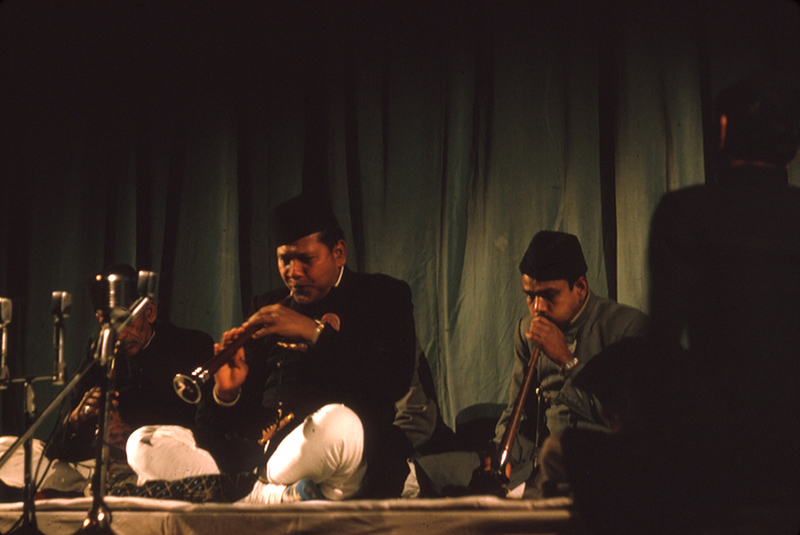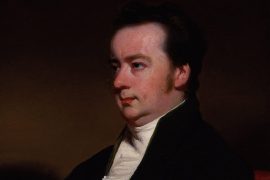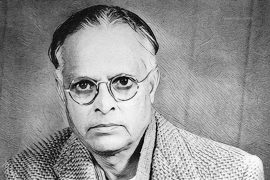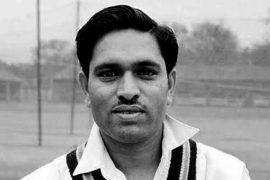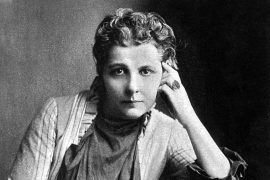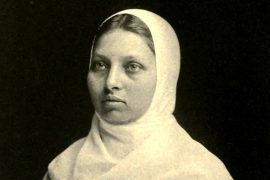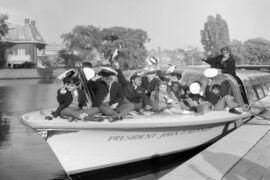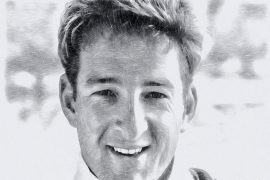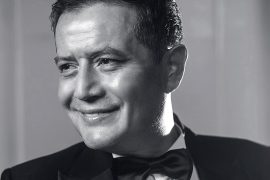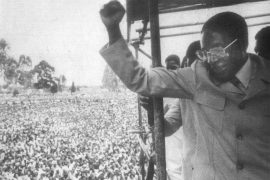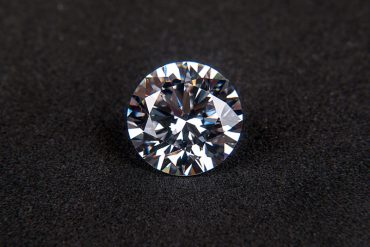On the morning of August 15, 1947, from the ramparts of the Red Fort, India was ushered into an era of independence by the soothing sound of a Shehnai, played by its greatest master, Ustad Bismillah Khan. It was a tremendous honour, both for the player and his instrument. And it was repeated, when Jawaharlal Nehru asked Bismillah to perform in 1950 on the occasion of Republic Day.
Ever since, millions of Indians gained a familiarity with the Shehnai by listening to Republic Day broadcasts – where Bismillah’s performances became a tradition. The Shenai is a wind instrument, similar to the oboe. It’s commonly found in temples; its sound considered auspicious.
56 years later, the same Ustad listened to the proceedings of the 2006 Republic Day celebrations on the radio. He heard himself perform and remarked on how the government now used his music but failed to invite him. That same year, the man who had become synonymous with the Shehnai passed away. By his death at the age of 90, Bismillah had won every award possible for an Indian artist – from the Bharat Ratna (India’s highest civilian honour) to the Sangeet Natak Academi Award, Tansen Award and Padma Shri.
Perhaps, Bismillah would have gained in worldly fame had he accepted the invitation from an American university to be its musician in residence. But he would not leave Varanasi, where he spent his entire life.
Copyright©Madras Courier, All Rights Reserved. You may share using our article tools. Please don't cut articles from madrascourier.com and redistribute by email, post to the web, mobile phone or social media.Please send in your feed back and comments to [email protected]

